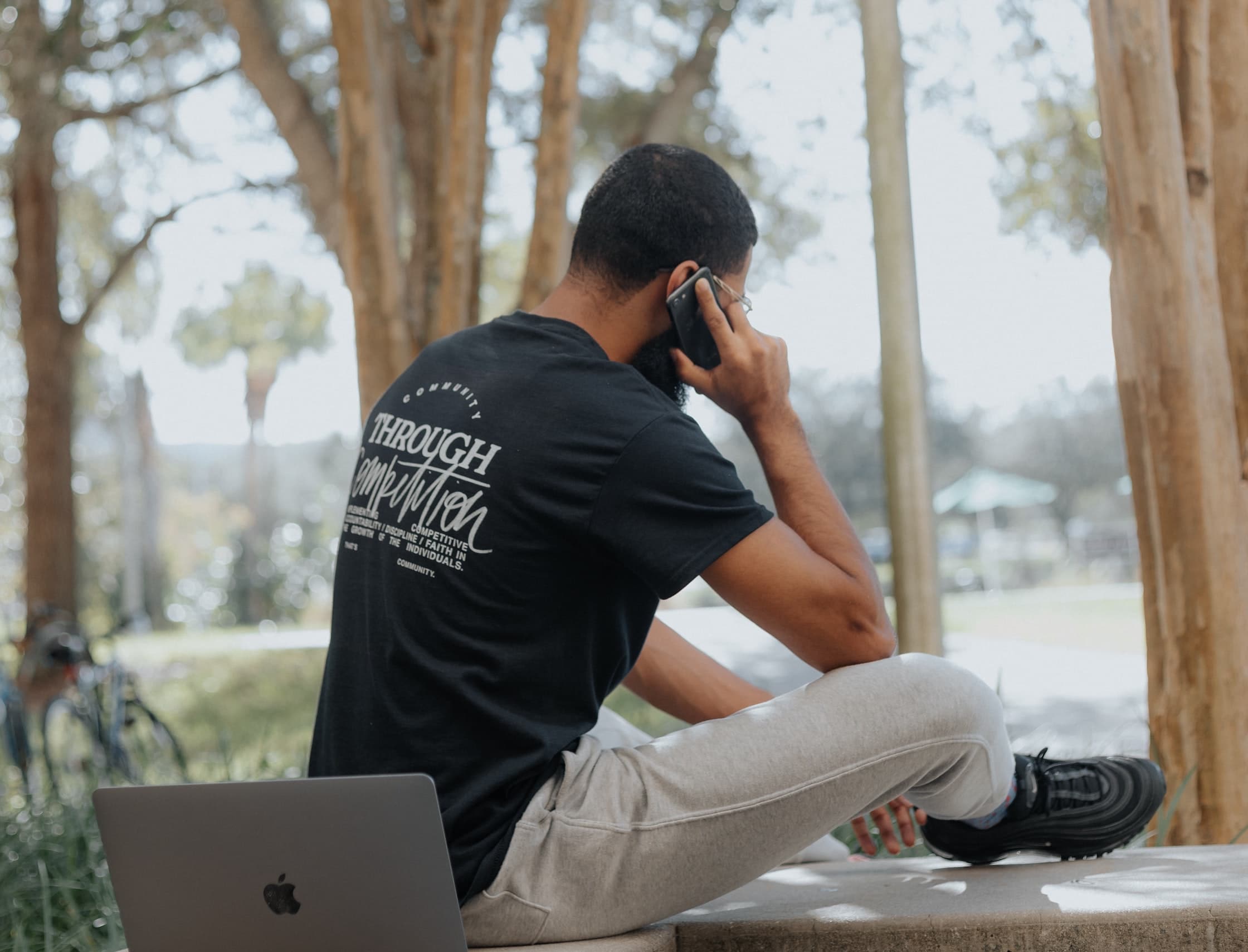Mental Health Resource for Charlotte Residents
If you’re facing mental health problems—whether you’re navigating a new stage of life, coping with trauma, or experiencing poor mental health—you’re not alone. According to behavioral health statistics from the National Institute of Mental Health (NIMH), nearly one in five adults in the United States has a mental illness, but only half seek professional help.
Unfortunately, finding the right therapist can feel like a daunting task, especially if you’re already feeling overwhelmed. Whether you’re seeking mental health care for the first time or searching for a new therapist, here’s everything you need to know to find the right fit for your mental health needs.
What’s the best way to find a therapist?
Maintaining good mental health is imperative at every stage of life—from adolescence through adulthood. Although the search for a new therapist can feel time-consuming, finding the right fit can make all the difference. Your therapist can help you explore your treatment options, reduce the severity of your symptoms, and learn different ways to cope in daily life.
Some valuable resources to start your search include:
- Referrals. Consider asking for a referral from a trusted healthcare professional. Whether you’re experiencing new mental health symptoms or seeking treatment for a pre-existing mental health condition, your primary care physician can help you explore your treatment options and access local mental health services.
- Employee Assistance Programs (EAPs). EAPs help connect employees to professional mental health services. If you’re seeking long-term treatment for a chronic mental health condition, your EAP may be able to provide a referral to an outside therapist, counselor, or psychiatrist.
- Local organizations. Local mental health advocacy organizations in Charlotte, such as the Mental Health Association of Central Carolinas, the National Alliance on Mental Illness (NAMI) Charlotte, and Promise Network, offer local mental health resources for Charlotte residents. If you’re facing substance abuse or alcohol addiction, Charlotte also offers local support groups, Alcoholics Anonymous (AA) programs, and Substance Abuse and Mental Health Services Administration (SAMHSA) treatment centers.
- Online therapy platforms. With more and more therapists offering online therapy services, taking care of your mental health is more convenient than ever. Online therapy platforms like the Therapy Group of Charlotte offer personalized, data-driven treatment for a wide range of mental health disorders, including anxiety disorders, substance use, bipolar disorder, and post-traumatic stress disorder (PTSD).
If you’re experiencing a mental health crisis, call the National Suicide Prevention Lifeline at 1-800-273-8255 or the NAMI Helpline at 1-800-950-NAMI (6264) for immediate support. The Centers for Disease Control and Prevention (CDC) offer additional hotlines and mental health resources here for young adults, LGBTQ+ individuals, veterans, and more.
How can you tell if your therapist is the right fit?
According to the American Psychological Association, the therapeutic relationship between you and your therapist can have a significant impact on your recovery process. Consequently, during your first appointment, it’s important to ask questions to determine whether your therapist is the right fit.
Especially if you’re starting therapy for the first time, it’s not uncommon to forget every question you wanted to ask during your first appointment. For the best results, consider bringing a list of questions to your meeting.
The American Psychological Association suggests asking the following questions during your first appointment:
- Are you a licensed mental health provider in North Carolina?
- How many years have you been in practice?
- What’s your experience working with clients who are dealing with [ADHD, depression, anxiety]?
- What kind of treatment options do you recommend for clients with [substance use disorder, relationship problems]?
- How does payment work with you?
Regardless of your therapist’s experience and training, your own feelings of comfort should be your top priority. Therapy involves discussing personal topics and navigating negative feelings—and it’s normal for sessions to feel uncomfortable at times. However, if you notice feelings of discomfort during your first appointment, or if you feel uncomfortable with your clinician for any other reason, consider searching for someone else.
Finding a Therapist in Charlotte
Whether you’re coping with anxiety, impulsivity, depression, or physical health problems, finding the right therapist can make a significant difference in your journey toward positive mental health.
If you’re not sure where to start, online therapy offers a convenient alternative to traditional face-to-face therapy sessions. Teletherapy not only provides access to a wider range of mental health specialists, but it can also help you find appointments that work for your schedule.
To get started, reach out to a licensed mental health professional through The Therapy Group of Charlotte. We’ll connect you to a compassionate, experienced therapist you feel comfortable with based on your personal preferences, requirements, and mental health concerns. With the help of our mental health professionals, you’ll be able to navigate your mental health problems, work toward mental wellness, and maintain good mental health—even after therapy.
